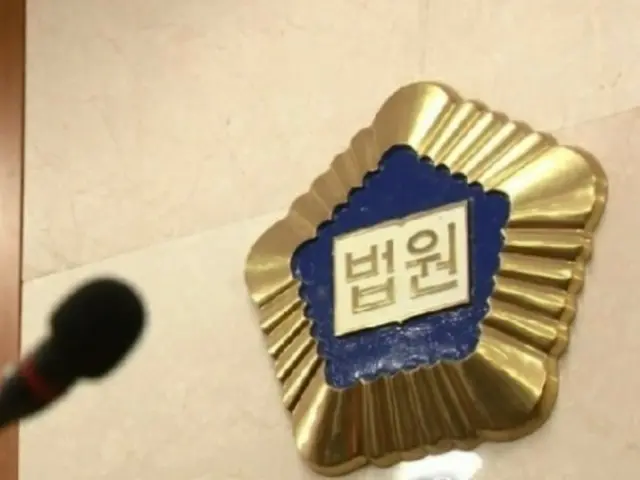On the 28th, the 5th Administrative Division of the Seoul Administrative Court canceled the gift tax levy brought by Mr. A against the Jamsil Tax Director.
In the lawsuit, a partial verdict was rendered in favor of the plaintiffs. The tax authorities reported that Mr. A received gifts totaling 1.2 billion won (approximately 133 million yen) from his father between December 2010 and May 2011.
Based on the survey results, gift taxes of 52.01 million won (approximately 5.76 million yen) and 617.26 million won (approximately 68.44 million yen) were imposed in April 2020. Mr. A is dissatisfied with this and 2021
In June 2017, the company filed a request for a review at the Tax Tribunal, but it was rejected, so it filed a lawsuit. In court, Mr. A said that of the approximately 1.2 billion won that the tax authorities determined was a gift, 956 million won was given to his father.
He claimed that the money was lent to acquaintances and that the remaining 251 million won was used by his father to run his business. He argued that the gift tax was unfair because the money had nothing to do with him.
The court ruled that the gift tax imposed on 110 million won of the 251 million won that the father used for actual business operations should be cancelled. However, Mr. A and his father are acquaintances.
``It is correct that the 956 million won, which he claimed was money lent to him, was a gift.'' The money withdrawn from the father's account was given to acquaintances, but at the time the acquaintances had notarized the promissory note.
This was because the beneficiary was written as Mr. A when creating the . The court stated, ``Even if the acquaintances created a letter of confirmation to the effect that they had borrowed money from their father, they should not issue it in connection with the repayment of the loan.''
Since the beneficiary of the promissory note was Mr. A, the money given to the acquaintances should be considered to have been lent by Mr. A as a creditor.''
2024/01/29 05:03 KST
Copyrights(C) Herald wowkorea.jp 104

